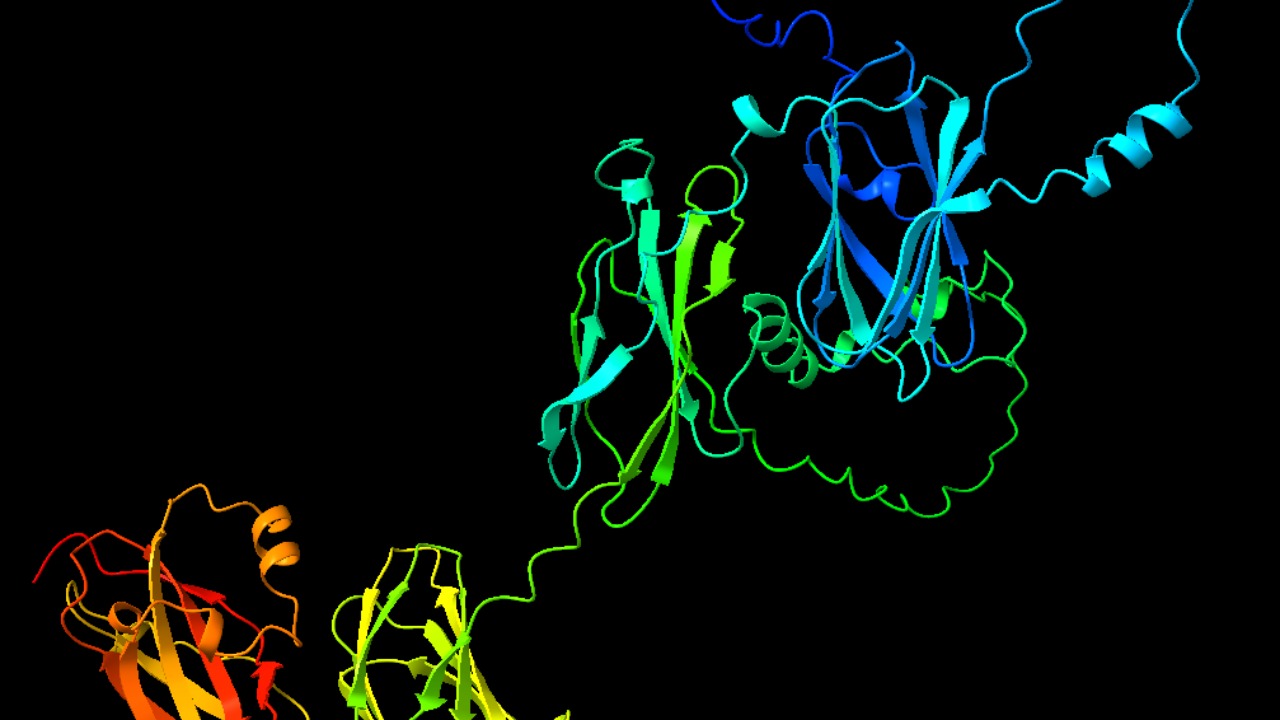
Recent advancements in artificial intelligence have enabled scientists to solve a protein structure mystery that has baffled researchers for decades. This breakthrough highlights the transformative potential of AI in the field of molecular biology, offering new insights into the complex world of protein folding and its implications for medicine and technology.
The Protein Structure Puzzle
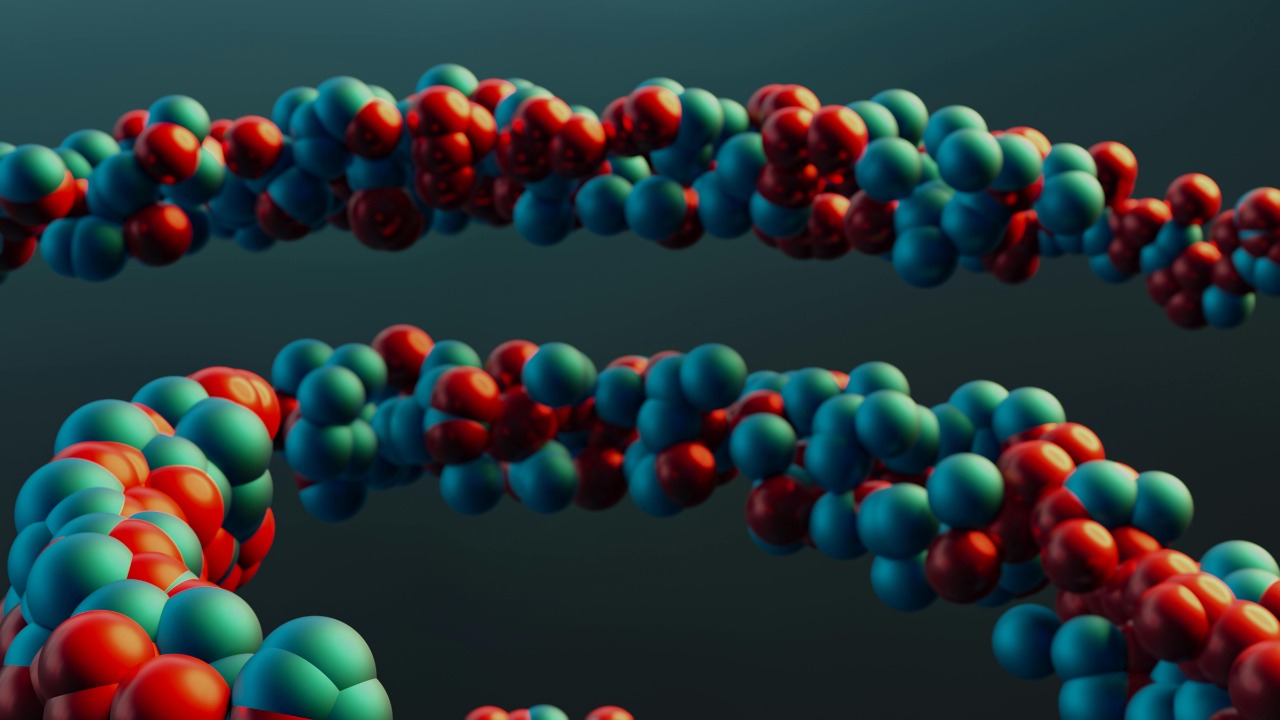
For many years, scientists have grappled with the complex challenge of determining protein structures, a pursuit that has been both critical and elusive. Proteins, often referred to as the building blocks of life, play a crucial role in nearly every biological process. Understanding the intricate three-dimensional shapes of proteins is vital, as their structure determines their function. Despite the significance, the task of elucidating these structures has been an arduous one, with traditional methods like X-ray crystallography and nuclear magnetic resonance (NMR) spectroscopy proving to be slow and sometimes inadequate.
Proteins are essential in biological processes such as catalyzing metabolic reactions, DNA replication, and responding to stimuli. The ability to accurately model protein structures is paramount for advancements in medicine and biotechnology, paving the way for the development of new drugs and therapies. However, the limitations of previous methods have often left researchers with an incomplete picture, as these approaches require significant amounts of time and resources. The advent of AI presents a promising solution to these longstanding challenges, offering a more efficient and accurate means of unraveling the mysteries of protein folding.
AI’s Revolutionary Role
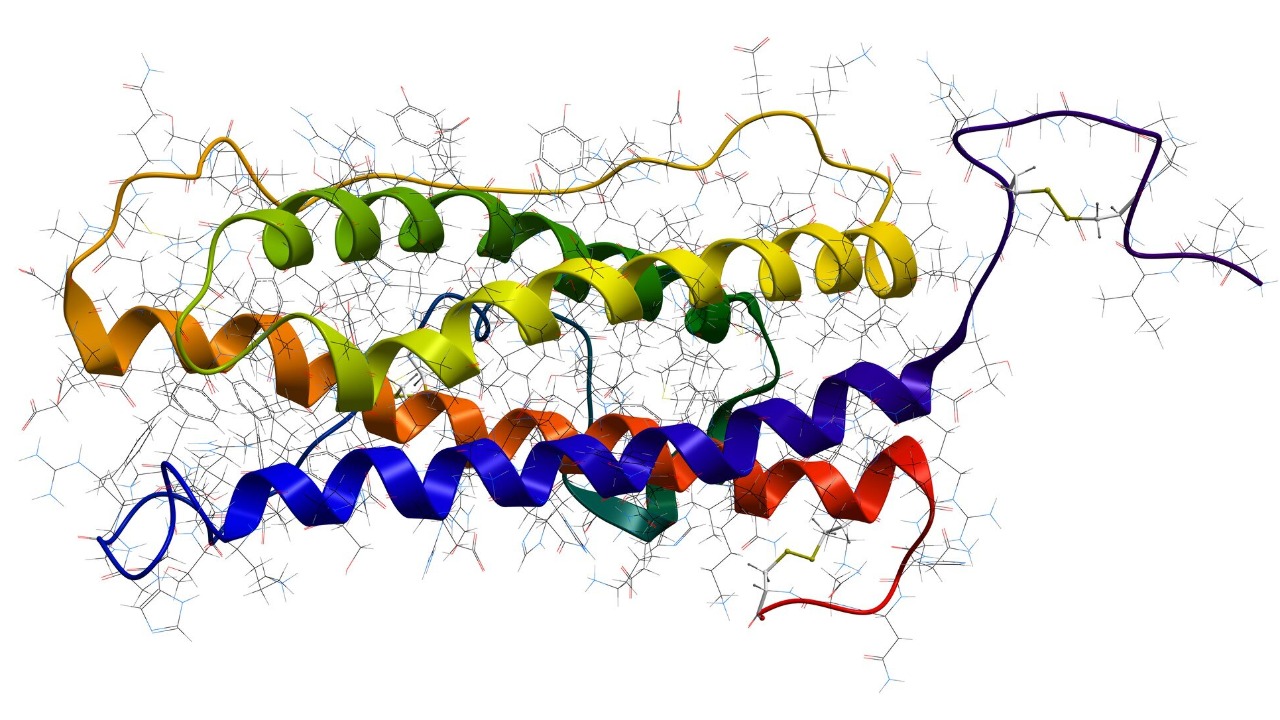
Artificial intelligence has made remarkable strides in recent years, evolving to tackle complex scientific problems that were once thought insurmountable. In the realm of protein structure analysis, AI has emerged as a powerful tool, capable of processing vast amounts of data and identifying patterns that elude human researchers. The use of deep learning and neural networks has been pivotal in this breakthrough, enabling AI to predict protein structures with unprecedented accuracy. These technologies have been trained on extensive databases of known protein structures, allowing them to learn and extrapolate the rules of protein folding.
One of the most notable examples of AI’s success in this area is AlphaFold, a deep learning program developed by DeepMind. AlphaFold’s ability to predict protein structures has been hailed as a groundbreaking achievement, solving complex puzzles that have stumped scientists for decades. This success is not isolated; AI has proven its potential across various scientific domains, from solving a decades-old photosynthesis mystery to accelerating drug discovery processes. These achievements underscore the transformative impact of AI in scientific research and its potential to revolutionize fields beyond molecular biology.
Impact on Science and Medicine
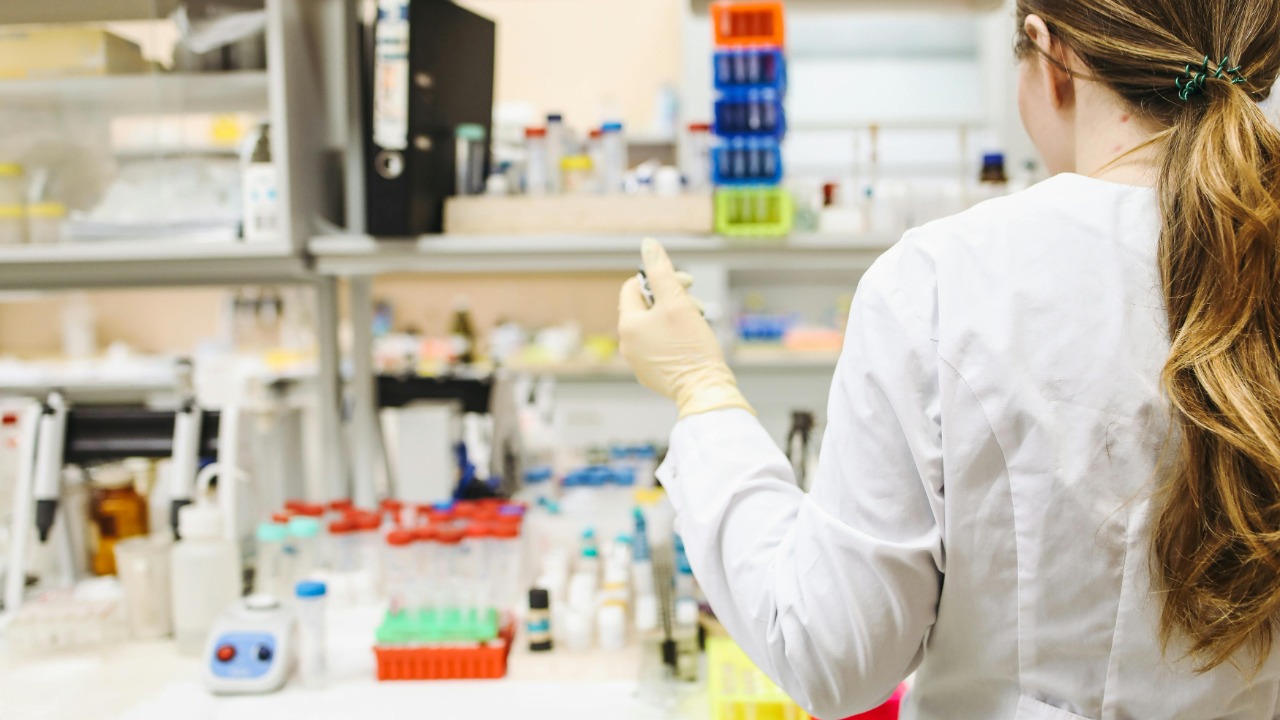
The implications of AI’s breakthroughs in protein structure analysis extend far beyond the laboratory, offering significant benefits to science and medicine. One of the most promising areas is drug discovery, where an understanding of protein structures can accelerate the development of new pharmaceuticals and targeted therapies. By accurately modeling the shape of proteins, researchers can design drugs that precisely interact with their targets, improving efficacy and reducing side effects. This capability is particularly crucial in the fight against diseases such as cancer, where targeted therapies can significantly enhance treatment outcomes.
Moreover, the ability to unravel protein structures can lead to a deeper understanding of diseases at a molecular level, potentially resulting in novel treatments. For instance, insights into protein misfolding, a process implicated in conditions like Alzheimer’s and Parkinson’s disease, could open new therapeutic avenues. As AI continues to advance, its potential to address unresolved scientific challenges, such as the study of the human microbiome, is immense. Researchers are already exploring how AI can be used to analyze complex biological systems, as seen in studies published by leading scientific journals.
Ethical and Practical Considerations

Despite the promising advancements, the integration of AI into scientific research raises important ethical and practical considerations. One significant concern is data privacy, particularly in the context of proprietary scientific data used to train AI models. Ensuring that data is handled responsibly and ethically is crucial to maintaining public trust and fostering collaboration among researchers. Additionally, the accessibility and cost of AI tools pose challenges, as not all research institutions may have the resources to leverage these technologies. Efforts to democratize access to AI tools and reduce cost barriers are essential to ensure that the benefits of these breakthroughs are widely shared.
Moreover, the collaboration between AI and human expertise is vital in driving scientific progress. While AI can process and analyze data at unprecedented speeds, human oversight remains crucial to interpret results and guide research directions. The balance between AI and human expertise is a topic of ongoing discussion, as scientists navigate the evolving landscape of AI-driven research. As AI continues to shape the future of science, fostering a collaborative environment between computer scientists and biologists will be key to unlocking its full potential.
Looking Ahead: The Future of AI in Molecular Biology
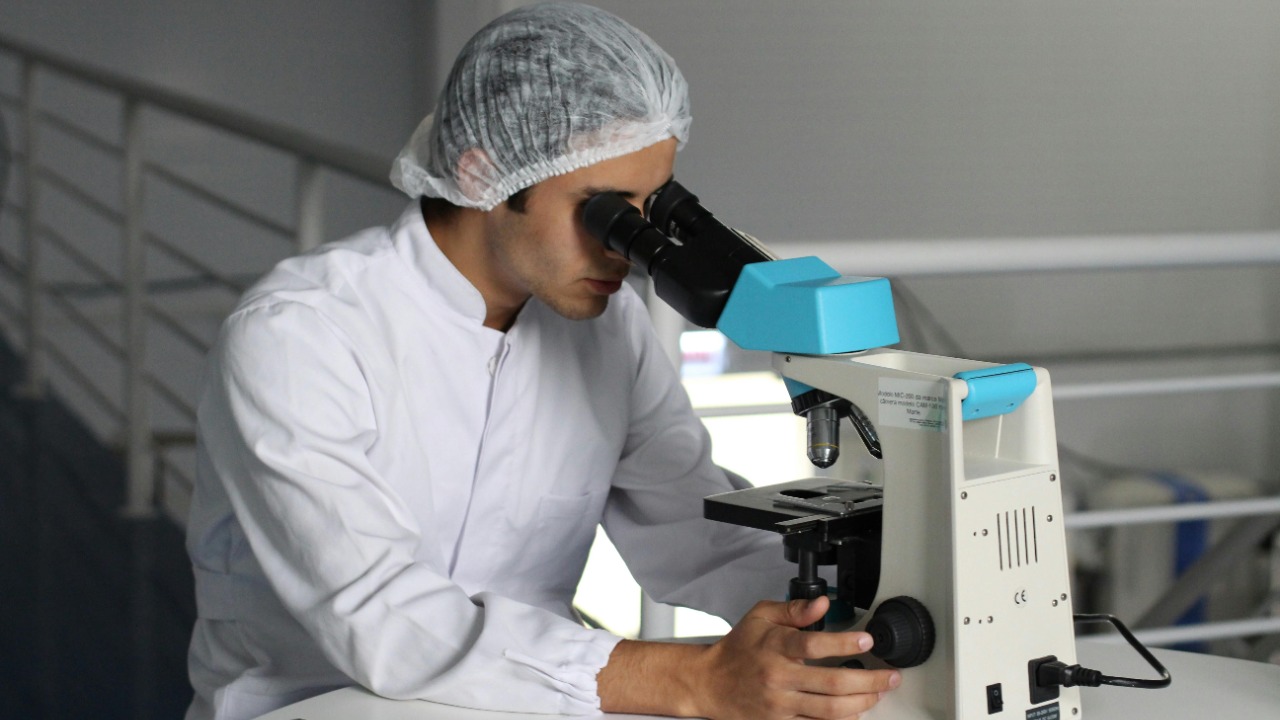
As AI continues to evolve, its potential to further revolutionize protein research and other areas of molecular biology is immense. Ongoing advancements in AI technologies, such as reinforcement learning and quantum computing, hold the promise of even greater breakthroughs. These developments could enhance our understanding of complex biological systems, paving the way for new discoveries and applications in medicine and beyond. The future of AI in molecular biology is bright, with the potential to transform our approach to scientific research and problem-solving.
Cross-disciplinary collaborations will play a crucial role in maximizing AI’s potential, bringing together experts from diverse fields to tackle complex challenges. By fostering partnerships between computer scientists, biologists, and other specialists, the scientific community can harness the power of AI to drive innovation and discovery. Moreover, as AI continues to make strides in molecular biology, its societal implications must be carefully considered. The ethical challenges and benefits of AI breakthroughs in science will shape the future of research and its impact on society, as discussed in recent scientific discourse.